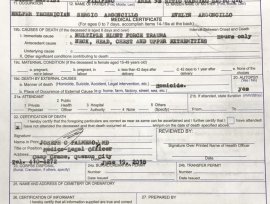SOGIE Bill Pros And Cons And What You Don't Know About It
The debate about SOGIE bill pros and cons has been around since the draft came to light two decades ago. It has fueled a series of reaction papers and it seems like the whole world talked about it.
When the SOGIE bill is receiving support and criticism, it’s important for Corner4men to provide our readers with everything they need to know about it:
What Is SOGIE Bill?
Before we discuss SOGIE bill pros and cons, let’s take a look at what it really is. SOGIE is short for Sexual Orientation, Gender Identity, and Expression.
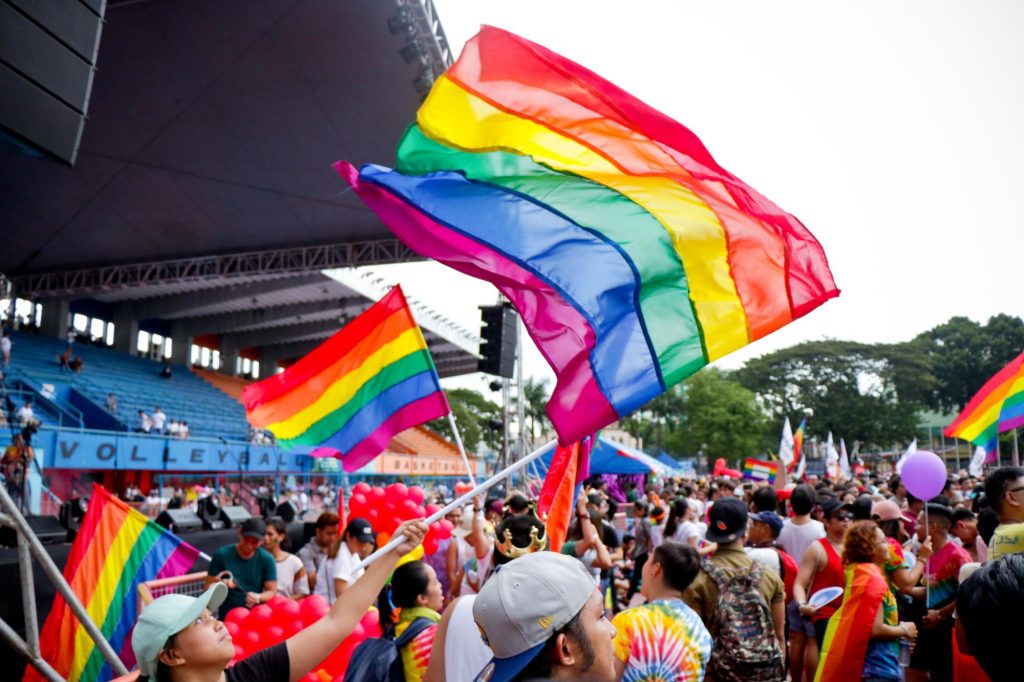 SOGIE is short for Sexual Orientation, Gender Identity, and Expression
SOGIE is short for Sexual Orientation, Gender Identity, and Expression
Now let’s define ‘sexual orientation.’ The term means to whom a person is sexually attracted. It is divided into five subcategories:
- Straight: a person who is attracted by the opposite gender.
- Asexual: have no sexual attraction to anyone.
- Gay: a man with attraction to other men.
- Bisexual: a person who is attracted by both genders.
- Lesbian: a woman attracted to other women.
The term ‘gender identity’ means what a person feels and presents his or her gender. It is further divided into transgender and cisgender. The latter means a person feels that his or her gender has been correctly defined at birth while the former means the assigned gender of the person is incorrect.
And last but not least, ‘gender expression’ is how a person shows his or her gender. It includes the way they speak, dress, and live.
Purpose Of SOGIE Bill
In the discussion of SOGIE bill pros and cons, the most obvious advantage is also the main purpose of the bill – to protect Filipinos of the LGBTQ in the face of discrimination.
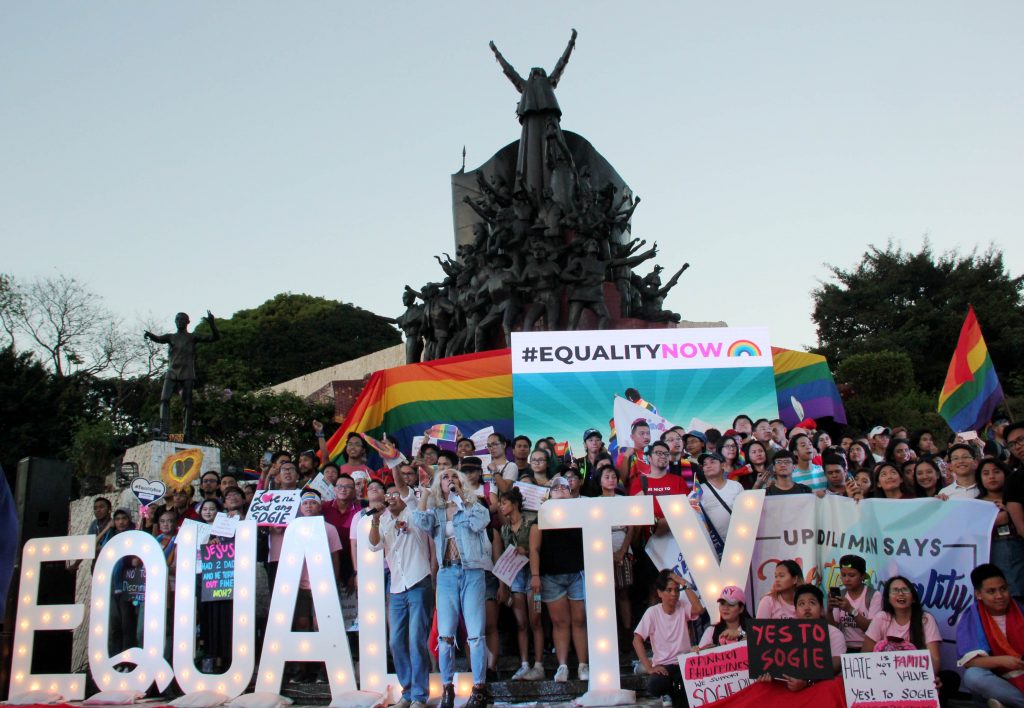 The most obvious advantage is also the main purpose of the bill – to protect Filipinos of the LGBTQ in the face of discrimination
The most obvious advantage is also the main purpose of the bill – to protect Filipinos of the LGBTQ in the face of discrimination
While people of the LGBTQ community are protected on papers, abusing is still widespread. This justifies the SOGIE bill which seeks to impose fines and punishments on those showing discrimination based on a person’s gender identities and sexual orientation.
The Philippines still has several social issues that need to be addressed, like the lack of sex education for example.
All About SOGIE Bill
The draft outlines actions that are defined as discrimination. Anyone who executes these listed actions is deemed to be tried in court.
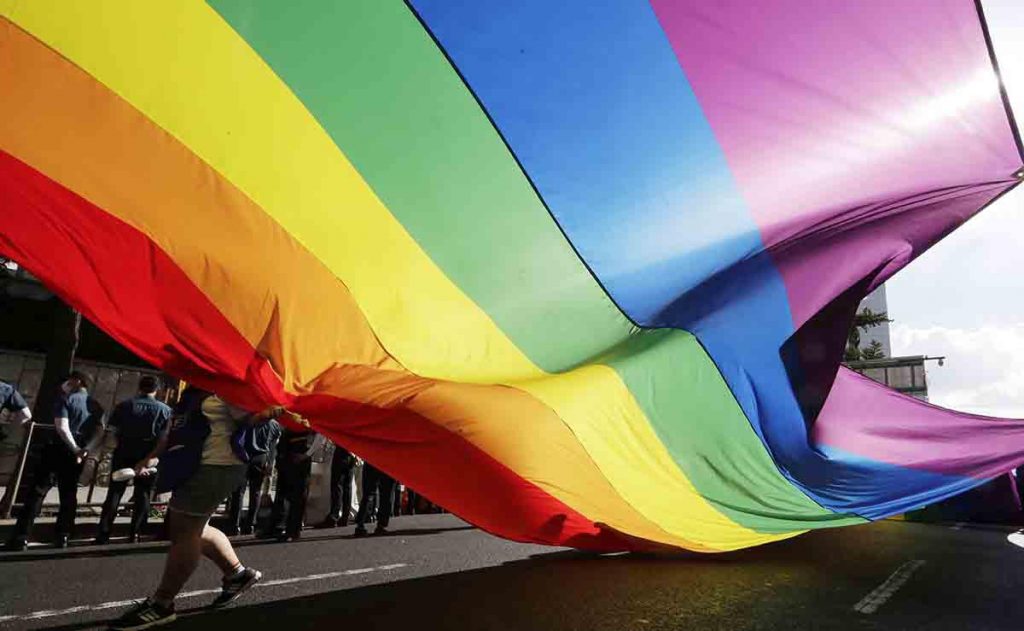 The draft outlines actions that are defined as discrimination
The draft outlines actions that are defined as discrimination
The activities deemed discriminatory include:
- Harassment by military or police.
- Denial of access to health establishments.
- Revocation or denial of registration of organizations, political party, or institution, accreditation, or formal recognition.
- Subjection to medical or physical examinations without one’s consent.
- Denial or expulsion from learning institute.
The SOGIE bill (or the ADB - Anti-discriminatory bill) was proposed by the Congress of the Philippines. It was first put forward in 2000 by Miriam Defensor-Santiago and Etta Rosales.
Where Does The SOGIE Bill Means To Marriage?
The bill, even if it is passed, doesn’t mean the approval of same-sex marriage. Its ultimate goal is to fight against discrimination.
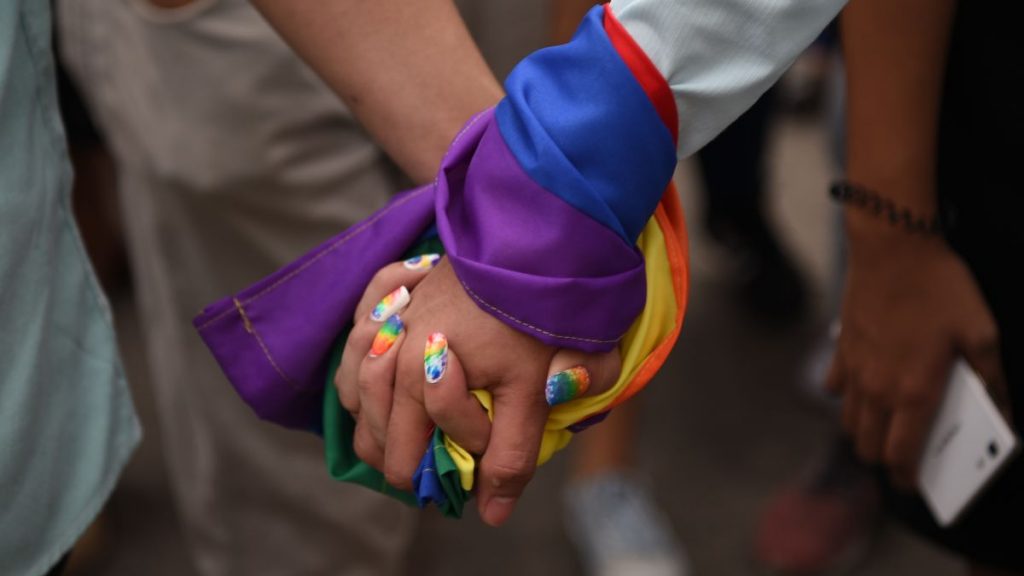 The bill, even if it is passed, doesn’t mean the approval of same-sex marriage
The bill, even if it is passed, doesn’t mean the approval of same-sex marriage
Is SOGIE Bill Approved?
During the 11th Congress, the SOGIE bill went through the House of Representatives’ third reading but was later stalled. In the 14th Congress, it successfully came to the committee level but in the 15th and 1th Congress, it reaped no success.
SOGIE Bill Pros And Cons
Here are SOGIE bill pros and cons:
Disadvantages of SOGIE bill:
- The laws might be exploited by members of the LGBTQ community as a weapon to threaten those who go against their terms.
- Transgender might go beyond the limit of moral principles and behavior.
- The bill might undermine academic principles and freedoms.
Advantages of SOGIE bill:
- The bill tries to correct the reactions of people to others based on their sexual orientation.
- If the bill is passed, members of the LGBTQ community will be able to have access to public facilities without facing discrimination.
The SOGIE bill pros and cons are obvious and it has received strong support from Filipinos, including politicians, celebrities, and right activists.
recent articles

Top 5 Most Beautiful Woman In The Philippines - The Finals
Are you seeking the latest top 5 most beautiful woman in the Philippines? Wonder who has the most charming beauty? Keep reading to find out!

Top Types of Jeans Brands
Have you heard of the world's most famous jeans brands? Which brand will have products that complement your personal style? Let’s find out the top 5 best types of jeans brands.

Top best airbnb Philippines you shouldn't miss
Airbnb is the most popular accommodation service today. You can find a variety of accommodations according to your needs.







